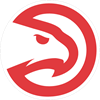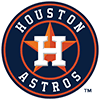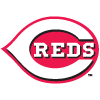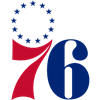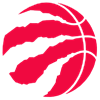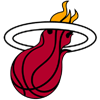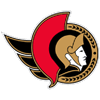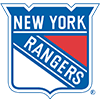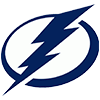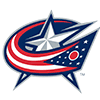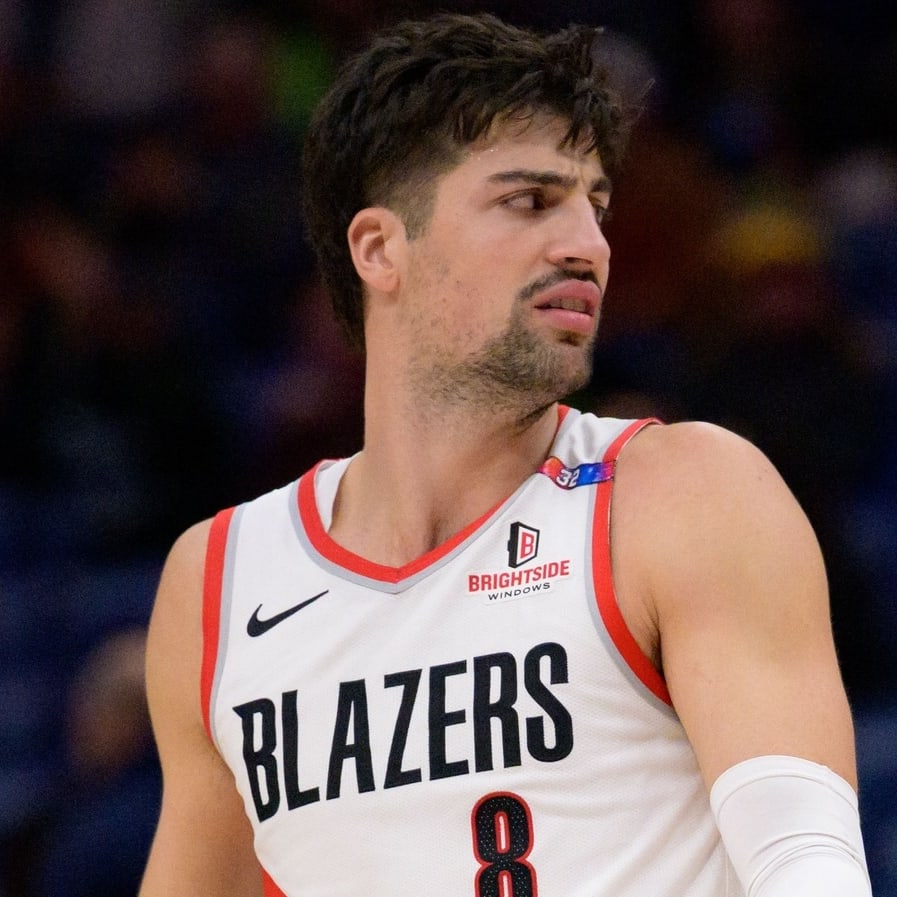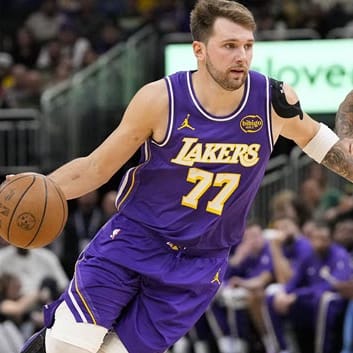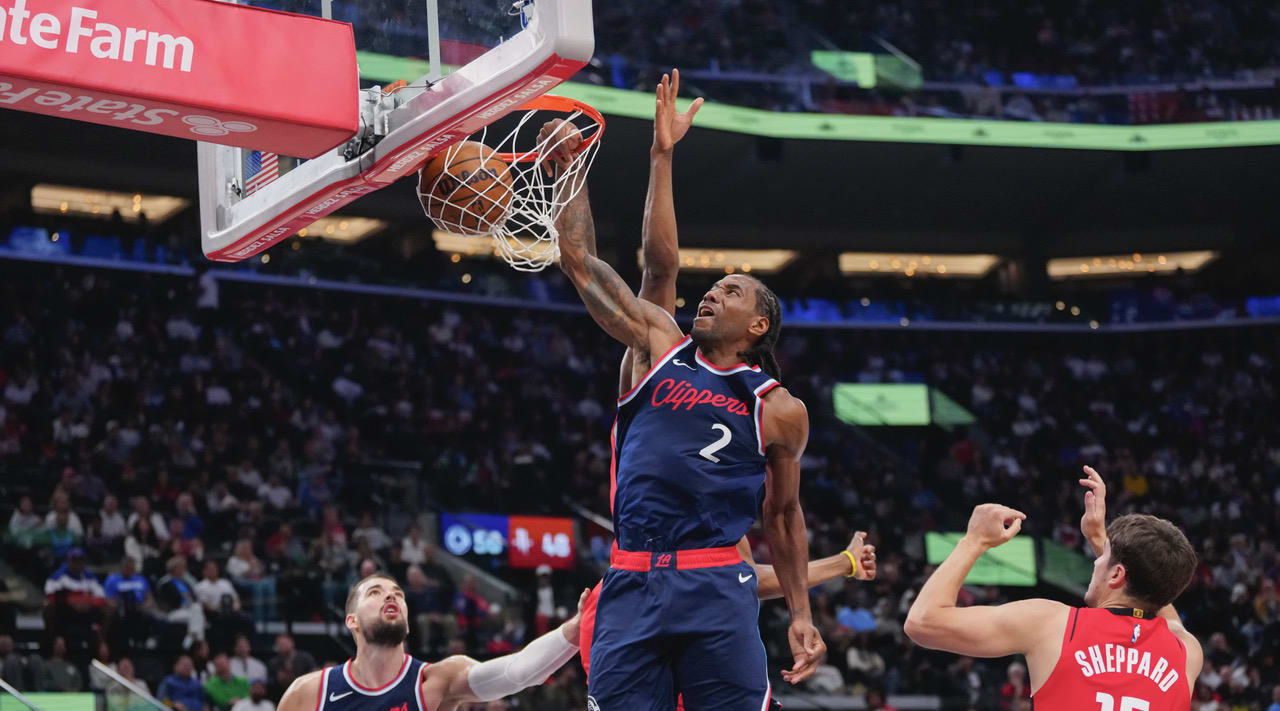MIAMI HEAT
By John Clemeno
RotoWire Staff Writer
STATE OF THE FRANCHISE
It's not a big surprise that the Heat were competitive when Dwyane Wade played a relatively full (79 games) and healthy season. Wade led them to fifth place in the Eastern Conference -- playing with a rookie point guard (Mario Chalmers), an underachieving second-overall pick (Michael Beasley) and no legitimate center for most of the season. He had his best overall season statistically, and will have to bring it every night again in 2009-10. The Heat, right up against the luxury tax while cutting staff and coaching salaries, are not spending this year.
Team president Pat Riley is willing to add players, but only by trade so as not to increase payroll. He will not jeopardize the franchise's spending capacity next summer, when Wade and other high-profile players can become unrestricted free agents. After a failed effort to land Lamar Odom (for the mid-level exception) and some mild interest in Allen Iverson and Jamaal Tinsley, Riley essentially stood pat. The most significant change is the addition of Quentin Richardson (for Mark Blount), but run as an effective player is history.
In order for this team to better its 43-39 record, improvement must come from within. And everyone is looking at Michael Beasley, the 2008 first-round pick who struggled on the defensive end and eventually lost his starting power forward job. Heat coach Erik Spoelstra wants Beasley to play small forward, an experiment that bears monitoring during the preseason. The talented second-year forward must overcome his defensive shortcomings and maturity issues. Beasley spent time this summer at a rehab center after violating the terms of his outpatient substance-abuse training program. Though he won't miss camp, the episode should set back his training a bit.
Wade gives the team a puncher's chance every time he takes the court. How far he can carry the team? He had his most productive season last year and certainly can't be expected to do more. Aside from the question about Beasley's improvement, the Heat are looking for progress from Mario Chalmers and Daequan Cook. And they'll need to see what they can get from Jermaine O'Neal. No longer a premier player, O'Neal can certainly be a complementary producer given good knees.
PLAYING TIME DISTRIBUTION
The top five players in the rotation are all set. Wade, who played 38.6 minutes per game last season, should be good for similar numbers this year. He'll start at shooting guard, but will handle the ball often and actually run the point on occasion. Team president Pat Riley wants to see Mario Chalmers, who enters his second season as the starting point guard, playing 35-to-37 minutes a game. It's been suggested in the local media that the team needs a veteran point guard, but Riley isn't adding payroll. Chris Quinn is the only other true point guard on the roster, though he's not a lock to play every night. There's room for a third guard, a combo guy, which is what they'd like to see Daequan Cook become. What's left of Quentin Richardson will also compete for time at the two.
In the frontcourt, the big question is where and how will Michael Beasley be deployed. He played power forward last year, and eventually came off the bench for Miami. Miami's summer project has been to make Beasley comfortable at small forward, but they see him playing power forward, too. He may not start at small forward -- the Heat would have a top-heavy lineup with him starting -- but he should see an increase on his 25 minutes from last season. Any one of Yakhouba Diawara, Dorell Wright or James Jones could start games. Wright's an athlete on his last chance, Diawara is a high-energy guy with limited offensive game, and Jones, who missed 42 games because of a wrist injury, is a 3-point marksman. They're looking for someone to take ownership of the position, but the starter might wind up being whichever player is playing best at that moment.
Jermaine O'Neal and Udonis Haslem are the starting center and power forward respectively. These days, J.O. isn't being asked to carry a team. If the Heat get 30 minutes a game for 70 games, they'll be happy. Jamaal Magloire will back up O'Neal, with Joel Anthony re-signed to pick up whatever's left over. The Heat could use another big man and they may bring one in, after failing to land free agent Lamar Odom.
PLAYER OUTLOOKS
Center:
Jermaine O'Neal: After spending eight seasons with the Pacers, O'Neal had a 41-game stint with the Raptors before being shipped to Miami prior to last season's trade deadline. O'Neal appeared in 27 games for the Heat, averaging 13 points, 5.4 rebounds and two blocks in 30 minutes per game. O'Neal's value used to be directly tied to his health, but at 31, he's no longer the franchise centerpiece he was in Indiana. Instead, O'Neal plays third or fourth fiddle on most nights, deferring to All-Star Dwyane Wade or up-and-comer Michael Beasley. Make no mistake, though: O'Neal's health still factors into the equation. Last season was the fourth straight campaign he played in less than 70 games. The good news on the injury front is that O'Neal didn't have any problems with his knees last season, which have long plagued him. Despite the injury concerns and diminished role, O'Neal's one of the better defensive big men in the league, recording two or more blocks per game each of the past nine seasons. By all accounts, O'Neal will be at full health when the season tips off, and while his offensive and rebounding production are no longer All-Star worthy, he's still the Heat's best option on the block and offers solid production in those categories.
Jamaal Magloire: The "Big Cat" brings a lot of bulk and a decent offensive game to the low post. That double-double in 2003-04 is a long time ago, with Magloire bouncing between part-time gigs in various locations since, but he is a productive rebounder in limited minutes. He's no longer viewed as a 30-minute per night guy, but that could change in 2009-10. Jermaine O'Neal has averaged 35 games missed per year for the last six seasons.
Joel Anthony: Anthony had the most starts at center for the Heat in 2008-09, but his regularity in the starting five ended when Miami acquired Jermaine O'Neal. His game is defense. He's an excellent shot blocker, and could be an option if you're targeting that category. However, he won't get much more than 10 minutes a night unless O'Neal gets hurt.
Forward:
Michael Beasley: With Jamario Moon headed to Cleveland, Miami's small forward spot appeared to be available for Beasley. However, the second-year player entered a rehab facility during the offseason, apparently for violating the terms of his outpatient rehab program. Sources maintain his rehab stay is the result of a compliance violation and not a relapse; but the talented enigma still comes with plenty of question marks. The second overall pick in the 2008 draft, Beasley had a disappointing rookie season, but there's still plenty to like from a basketball standpoint, as he averaged 16.7 points, 6.7 rebounds, 0.7 steals and 0.7 blocks during the 19 games he started last season, and even then that was in somewhat limited action (30 mpg). Because that also came with strong shooting numbers (47.6% FG, 80.7% FT), if his mind is right, Beasley is a fine target this year – though for someone who averaged 12.4 rebounds in college, more boards would be nice.
Udonis Haslem: Haslem is a no-frills center. He collects adequate rebounding and scoring statistics while playing within his role on the team and making few mistakes. He spends most of his time away from the basket taking most of his shot attempts (67%) as jumpers. Relying so heavily on his jump shots hurts his overall field-goal percentage but he still shot a respectable 51.8 percent from the floor last year. He converts an above average number of his free-throw attempts (75.3%) for a big man. While the averages are nice, Haslem lacks some of the more flashy numbers other players at his position accumulate. His career per-game blocks average stands at a pedestrian 0.3, and his career assists (1.2) and steals (0.6) numbers are equally unflattering. Where Haslem finds extra light to shine is in his intelligence and discipline. He rarely makes mistakes on or off the court. Haslem committed just over one turnover per game last season and seldom commits poor and unnecessary fouls. Haslem started 75 games last year, but he could experience a reduced role this season. Two factors currently pose a potential threat to Haslem's minutes in the coming season: Michael Beasley should push for more minutes at the power forward position, where Haslem spends most of his time, and increased roster health could also reduce Haslem's opportunities. Even without those developments, Haslem will serve as the team's fourth, fifth, or even sixth scoring option most nights, limiting his potential.
Dorell Wright: Wright just hasn't stayed healthy enough to warrant any consistent playing time during his five years with the Heat. After missing all but six games with a knee injury last year, Wright enters the final year of a contract in competition with James Jones and Yakhouba Diawara for minutes at small forward. They keep waiting for the athleticism to lead to a breakthrough, but patience is waning.
James Jones: Looking at the construction of the Heat's starting lineup, someone like Jones, who can stretch defenses, could be a nice fit at small forward. He took a while to recover from a training-camp wrist injury and struggled to adjust to a wrist brace, until late in the season when he shed the brace and hit 45 percent of his 3-point attempts in April and the playoffs (36 threes made in 15 games). He was coach Erik Spoelstra's choice at the three in the playoffs and could be a productive fantasy player as a three-point specialist, taking advantage of opponents' attention on Dwyane Wade. Having said that, the desire to get Michael Beasley on the floor more, and better defenders at the three (Yakhouba Diawara), means Jones is unlikely to average more than 20 minutes a game.
Yakhouba Diawara: Diawara is a pure energy guy, who gets uneven playing time, but defends better than others at the position. When coach Erik Spoelstra wants to lock down an opposing forward/guard for a stretch, he'll call on Diawara. He's very raw offensively, and typically gets a lot of DNPs. He'll get an occasional start, but he has little to offer fantasy teams.
Guard
Dwyane Wade: Wade did a whole lot more than prove the doubters wrong last season. He absolutely silenced them by putting up the best numbers of his six-year career. After putting up rock-solid numbers during the first half of the season (28.3 points, 7 assists, 5 assists, 0.9 threes), Wade somehow managed to improve upon them over the second half. He was brilliant over the final 30-game stretch, and his averages of 33.9 points, 8.3 assists, 5.2 rebounds and 1.6 treys tied him for first with fantasy-MVP Chris Paul in per-game value after the All-Star break. Wade finished the season ranked third behind Paul and LeBron James, and heads into this season as the consensus third overall pick. Wade's dominance was well-documented as he made several appearances on the top-10 categorical leaderboards: first in scoring (30.2), second in steals (2.2), and eighth in assists (7.5). He also surprised us all by making some unexpected strides, playing in 79 games (keep in mind only one of those three missed games was due to injury) while showing increased proficiency from beyond the arc (1.1 treys per game and 31.7 percent were both career-highs). The likely improvement of teammates Michael Beasley and Mario Chalmers should only help take some of the pressure off of Wade. So long as he stays healthy, expect elite production in 2009-10.
Mario Chalmers: Chalmers arrived in the NBA with a reputation for exceptionally quick hands on defense, and he didn't disappoint, posting an average of 2.0 steals per game as a rookie. Like Mo Williams in Cleveland, Chalmers is listed as a point guard when starting lineups are announced, but he doesn't really play a traditional point guard's role because so much of Miami's offense runs through Dwyane Wade. On the offensive end, Chalmers' role is as an outlet who can spot up and drain the three. He hit from downtown at a .367 clip last season, making 114 shots from long distance on the season. Heading into year two, Chalmers' role as Miami's starting point guard is secure. He should improve across the board with a year's worth of NBA experience on his resume, and will likely appear near the top of the NBA leaderboard in steals.
Daequan Cook: The Heat are looking for Cook to expand his game some. He's a threat from behind the arc, but needs to diversify his scoring. Fearful that teams can defend his wide open jumpers, they've had him work on ballhandling and decision making throughout the summer. Conventional speculation among the local media had president Pat Riley looking for a another point guard, but it looks like the Heat will try to get by with what they have in house. Cook is in a position to be a combo guard, backing up both Dwyane Wade and Mario Chalmers. Much like James Jones, he can spread the defense and that will keep him in the rotation.
Chris Quinn: Quinn enters the year as the second point guard on the roster, but how much time does that really mean? Team president Pat Riley said he wants to see Mario Chalmers playing 35-37 minutes a night, leaving very little time for Quinn. And with Dwayne Wade capable of ballhandling, Quinn could remain on the bench while Daequan Cook pairs up with Wade.
Quentin Richardson: Richardson suffered the ignominy of being traded four times over the summer, winding up in Miami. Team president Pat Riley is calling him a shooting guard, though he's also played small forward during his career. With a logjam at the three and very little playing time available backing up Dwyane Wade, Richardson can improve his spot in the rotation by hitting his 3-point shots (35.4% 3pt for career). Between Richardson, James Jones and Daequan Cook, the Heat have a few guys duplicating skills, so there won't be room for all of them every night.
Sleeper:
Daequan Cook: The Heat are looking for Cook to improve his overall game this year. Instead of filling their roster with a third point guard, Miami will look for more versatility from what they have already signed. They worked him a lot this summer, as a ballhandler and trying to get him used to pick-and-roll situations. We all know Cook can shoot the 3-ball, but adding some reliable point guard skills will give him more playing time.Bust:
Quentin Richardson: When all is said and done, Richardson's an NBA veteran who is great in the locker room and could help a team contending for the playoffs. There was a decent amount of playing time for him in four years with the Knicks (28 mpg), but he'll be lucky to play half as much in Miami. Team president Pat Riley views him as a shooting guard, which means very little playing time behind Dwyane Wade. Plus the Heat is more interested in getting Daequan Cook minutes, meaning Richardson may not play enough to help as a 3-point shooter.
Article first appeared on 10/2/09








